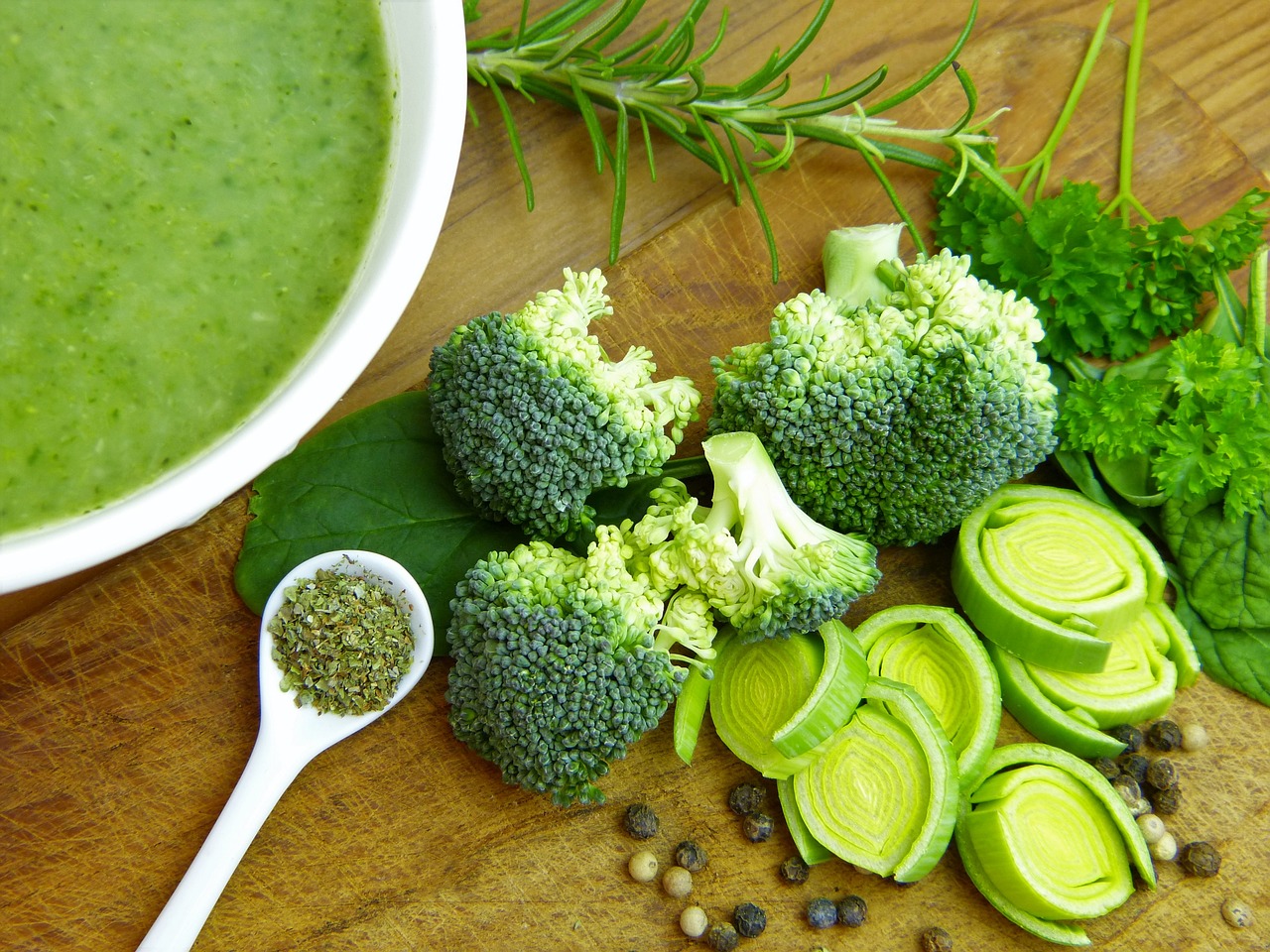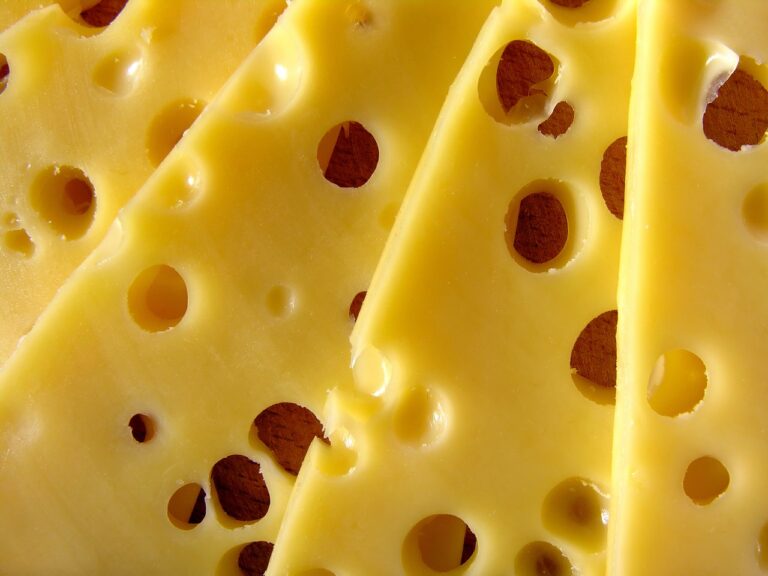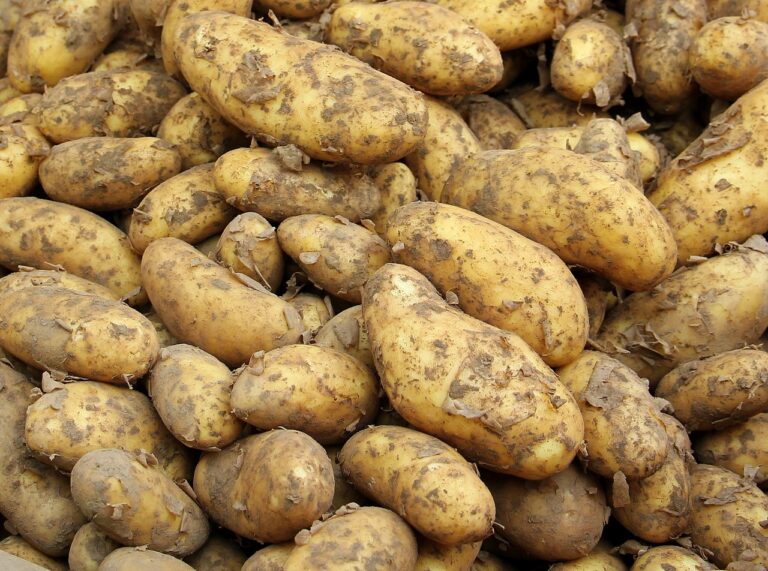The Rise of Precision Dairy Farming: How Technology is Revolutionizing Operations
11xplay pro, 24 betting login india, skyinplay live login:Precision dairy farming is a rapidly growing sector within the agriculture industry that is revolutionizing the way dairy operations are managed. By leveraging technology, dairy farmers are able to optimize their operations, improve animal welfare, increase efficiency, and ultimately boost profitability.
With the rise of precision dairy farming, farmers now have access to a wide range of innovative technologies that allow them to monitor and manage every aspect of their operation in real-time. From automated feeding systems and robotic milking machines to sensors that track milk production, cow health, and environmental conditions, technology is transforming the way dairy farms are run.
One of the key benefits of precision dairy farming is the ability to collect and analyze large amounts of data. By utilizing sensors and monitoring systems, farmers can track everything from milk production and feed intake to cow activity and health status. This data can then be used to make more informed decisions about herd management, nutrition, breeding, and overall farm operations.
Automated systems, such as robotic milking machines, have also played a significant role in revolutionizing dairy farming. These machines allow cows to be milked on their own schedule, resulting in less stress for the animals and more efficient milking operations. In addition, robotic milking machines can collect data on each cow’s milk production, somatic cell count, and milking frequency, providing farmers with valuable insights into the health and productivity of their herd.
Another important aspect of precision dairy farming is the use of sensors to monitor cow health and well-being. For example, temperature sensors can alert farmers to any signs of illness or distress in their cows, allowing for early intervention and treatment. Similarly, activity monitors can track how active each cow is throughout the day, providing valuable information about their overall health and behavior.
Overall, precision dairy farming is transforming the way dairy operations are managed, leading to increased efficiency, improved animal welfare, and higher profitability. By embracing technology and data-driven decision-making, farmers can optimize their operations and ensure the long-term sustainability of their business.
—
**Optimizing Feed Efficiency**
One of the key benefits of precision dairy farming is the ability to optimize feed efficiency. By using automated feeding systems and data analytics, farmers can ensure that their cows are receiving the right balance of nutrients to maximize milk production. Monitoring feed intake in real-time allows farmers to adjust feeding strategies based on individual cow needs, resulting in improved efficiency and reduced waste.
**Enhancing Cow Health**
Precision dairy farming also plays a crucial role in enhancing cow health. By utilizing sensors and monitoring systems, farmers can track important indicators of health, such as body temperature, rumination, and activity levels. Early detection of health issues allows for timely intervention and treatment, leading to improved overall well-being and productivity of the herd.
**Increasing Milk Quality**
Technology in precision dairy farming has also led to an increase in milk quality. Automated milking systems can collect data on each cow’s milk production, somatic cell count, and milking frequency, allowing farmers to identify and address any issues that may impact milk quality. By monitoring and analyzing this data, farmers can ensure that their milk meets the highest standards of quality and safety.
**Reducing Labor Costs**
Automation and technology in precision dairy farming have also helped to reduce labor costs on dairy farms. Robotic milking machines, automated feeding systems, and other technologies allow farmers to streamline operations and reduce the need for manual labor. This not only saves time and labor costs but also allows farmers to focus on other important aspects of their business.
**Improving Environmental Sustainability**
Precision dairy farming has the added benefit of improving environmental sustainability. By monitoring and optimizing feed efficiency, cow health, and milk production, farmers can reduce their environmental footprint and operate more sustainably. This includes minimizing waste, reducing greenhouse gas emissions, and conserving resources such as water and energy.
**Enhancing Animal Welfare**
Perhaps one of the most important aspects of precision dairy farming is the enhancement of animal welfare. By utilizing technology to monitor and manage cow health, activity, and behavior, farmers can ensure that their animals are healthy, comfortable, and well-cared for. This not only leads to higher milk production but also demonstrates a commitment to responsible and ethical farming practices.
**FAQs**
1. What is precision dairy farming?
Precision dairy farming is the use of technology and data analytics to optimize dairy operations, improve efficiency, and enhance animal welfare.
2. What are some examples of technology used in precision dairy farming?
Examples of technology used in precision dairy farming include automated feeding systems, robotic milking machines, sensors for monitoring cow health, and data analytics platforms.
3. How does precision dairy farming benefit farmers?
Precision dairy farming benefits farmers by increasing efficiency, improving animal welfare, enhancing milk quality, reducing labor costs, and improving environmental sustainability.
4. What impact does precision dairy farming have on the environment?
Precision dairy farming can help reduce the environmental impact of dairy operations by minimizing waste, reducing greenhouse gas emissions, and conserving resources such as water and energy.
5. How does precision dairy farming enhance animal welfare?
Precision dairy farming enhances animal welfare by monitoring and managing cow health, activity, and behavior, ensuring that cows are healthy, comfortable, and well-cared for.
6. What are some of the challenges associated with implementing precision dairy farming?
Challenges associated with implementing precision dairy farming include the initial cost of technology, data management and analysis, and training personnel to use new technologies effectively.







